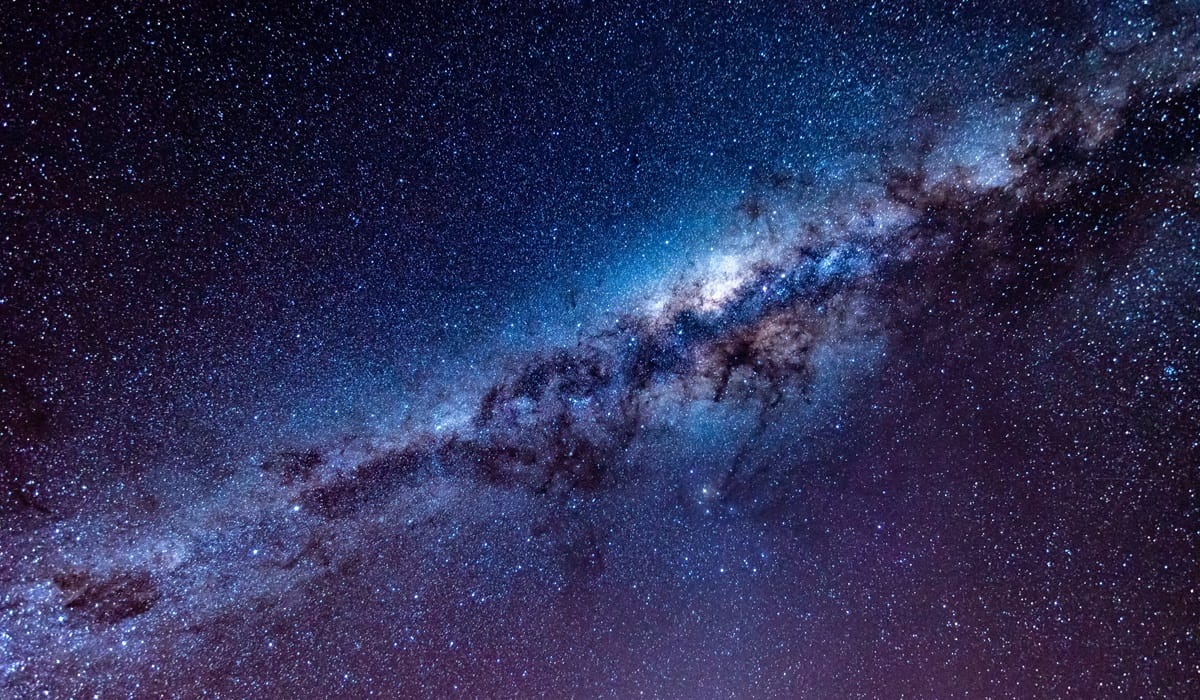There are two common ways we relate to the meta-crisis and humanity’s seemingly inevitable impending doom.
First, we can ignore it. We put our fingers in our ears and live a life of ignorant bliss. This can be a great relief. We don’t have to carry the weight of the world on our shoulders. We get to pursue the simpler pleasures of life. And yet, this path is a large part of what has gotten us where we are in the first place. When too many of us avoid the problem, it just deepens and deepens.
Second, we can obsessively focus on the meta-crisis and do whatever we can to solve it. We orient much of our life’s work around contending with the world’s greatest challenges. We fixate on how we can save the world. The problem is: we often spend so much time grappling with our increasingly likely doom that we eventually become overwhelmed by despair, dread, and hopelessness. We fry our nervous systems and drain our life force, ultimately undermining our capacity to act wisely and effectively. Again, this just deepens the problem.
So how can we be present to and intervene meaningfully in the world’s greatest challenges without getting swept away by them?
Zooming in

In my last piece, I advocated for showing up in our actual lives with more vulnerability, kindness, compassion, and courage as a potent meta-crisis intervention. Rather than overwhelming our minds with global-systems-level complexity, we can cultivate more heart-based connections in the here and now.
Another way we might say this is that we can zoom in. If you are working at such a broad level that it overwhelms you, narrow your focus. Let go of the global problems. Perhaps go to the national level. And if that’s too overwhelming, the state level. And if that’s too much, the community level. And if that’s too much still, just focus on you and your family.
In short, if you’re so overwhelmed by the immensity and complexity of the problems at hand that you become paralyzed or consumed by despair, just continue narrowing your focus until your world feels more manageable and a meaningful way forward reveals itself.
Zooming out on time

Zooming in can be a powerful way to ward off overwhelm and despair. And yet, no matter how much we narrow our focus, the possible end of humanity often still lurks in the back of our minds, nagging us, nudging us toward existential crisis.
In these cases, try zooming out instead. Expand your perspective until whatever problems trouble you don’t feel so heavy and all-consuming.
Consider this: Humanity has evolved over just the last several million years. Dinosaurs’ time on Earth began about 250 million years ago, lasting about 165 million years. In between those times, all mammals and birds evolved into existence. Many incredible species you’ve probably never heard of completed the whole cycle of evolution and extinction within that time.

In contrast, scientists estimate that Earth has about 1.75 billion years left in the Sun’s “habitable zone” where life can thrive. That’s about ten times the entire span of the age of the dinosaurs. So even in the case of catastrophic nuclear fallout that decimates humanity, there would still be well over a billion years for Earth to repair itself and for many more cycles of life on Earth to come and go.
In geological time, this era of meta-crisis and even humanity altogether is just the faintest blip. Life will go on here on Earth no matter what we do.
Zooming out on space

For the sake of argument, let’s imagine that somehow humans destroy the planet to such an incredible extent that no life can thrive here ever again. In our Milky Way Galaxy, there are an estimated 100 billion stars. To put that into perspective, a stack of 100 billion dollar bills would rise over 6,500 miles into the sky.
The scale of our galaxy is almost unthinkably vast. Even if “intelligent” life exists on only one in every billion stars, there would still be 100 different opportunities for the project of intelligent life to continue on in our galaxy.
But what’s perhaps most mind-bending is that scientists now believe there are more galaxies in the known universe than stars in the Milky Way Galaxy – somewhere between 100 billion and 2 trillion, each with billions of stars. In fact, there are likely more stars in the known universe (~200 sextillion) than grains of sand on all of Earth (~7.5 sextillion). And that is simply in the observable universe. If not infinite, the entire universe is likely much, much larger than that. And then consider that the universe will continue on for billions and billions of years from the present day.
The idea that we might be the only life or intelligent life that exists or ever will exist is, frankly, beyond preposterous. There are and will be millions of other intelligent civilizations out there somewhere, playing out some version of this journey of life and evolution that we humans are on.
Identifying with life

The meta-crisis can be existentially devastating. It not only forces us to consider our mortality as individuals, but also possibly the demise of everything we’ve ever known, loved, valued, and found meaningful. The sense of loss can feel so utterly, horrifically complete.
I look at it from a different perspective. Yes, humanity will end someday, perhaps thousands of years in the future, perhaps tragically in our lifetimes. And it is completely natural, healthy, and even wise to grieve all that will be lost in that. I do so regularly.
But perhaps we can also take solace in the notion that so much of what we truly hold most dear – life, consciousness, love, kindness, family, friendship, art, creativity, wisdom, and beauty – exists beyond Earth and will continue to exist regardless of what becomes of humanity. Humanity will someday come to an end. But life will not. Love, beauty, wisdom, creativity, truth, and meaning will not, at least no time in the comprehensible future.
I love humanity. I identify strongly with it. But I choose to identify with life itself more than with humanity. And the project of life itself is not at stake in the meta-crisis. Life will continue on regardless of what happens here on Earth. In some sense, we will all go on regardless of what happens here on Earth.



